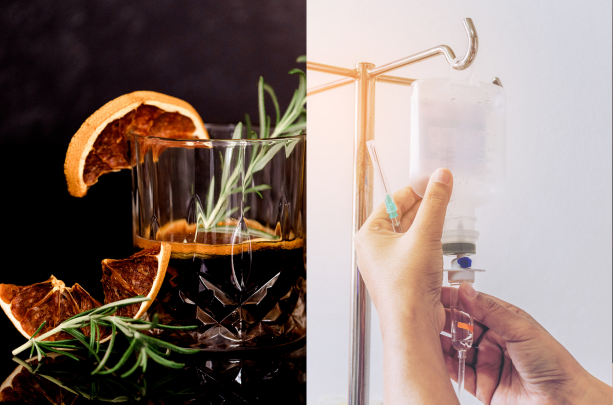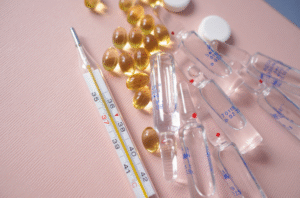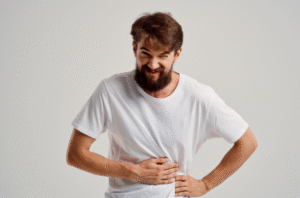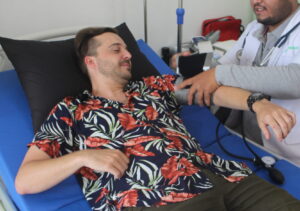IV infusions, such as immune boosters, are a popular way to quickly and effectively deliver vital nutrients and hydration directly into your bloodstream. They can help you feel refreshed, energized, and ready to take on your day. However, it’s crucial to understand how alcohol can counteract these benefits and what precautions you should take.
The Dehydrating Effect of Alcohol
One of the primary goals of many IV infusions is to hydrate your body and restore electrolyte balance. Alcohol is a diuretic, meaning it increases your body’s urine production. Consuming alcohol, especially in the hours following an IV drip, can quickly undo the hydration benefits you just received. This can lead to rapid dehydration, which is the very condition the infusion was designed to combat.
Nutrient Absorption and Metabolism
While IV infusions bypass the digestive system for immediate absorption, your body still needs time to utilize the nutrients. Alcohol can interfere with this process. It can strain your liver, which is responsible for processing both the alcohol and the vitamins and minerals delivered by the infusion. This can hinder your body’s ability to effectively use the beneficial components of the IV drip, essentially making the treatment less effective.
For infusions containing specific ingredients like Glutathione, a powerful antioxidant, the effects are even more pronounced. Alcohol consumption can deplete the body’s natural Glutathione stores, directly counteracting the purpose of the infusion.
Key Recommendations
To ensure you get the maximum benefit from your IV infusion and to protect your health, we recommend the following:
-
Wait at least 24 hours: It is generally advised to avoid consuming alcohol for at least 24 hours after an IV treatment. This allows your body to fully absorb and utilize the nutrients and hydration you received.
-
Prioritize Water: Continue to hydrate with water or other non-alcoholic, non-caffeinated beverages to support your body’s recovery and maintain the hydration levels achieved by the infusion.
-
Listen to Your Body: Pay close attention to how you feel. If you experience any unusual symptoms after your treatment, with or without alcohol consumption, it’s always best to consult a medical professional.
By following these simple guidelines, you can ensure your wellness treatment provides lasting benefits and helps you stay healthy and active.




